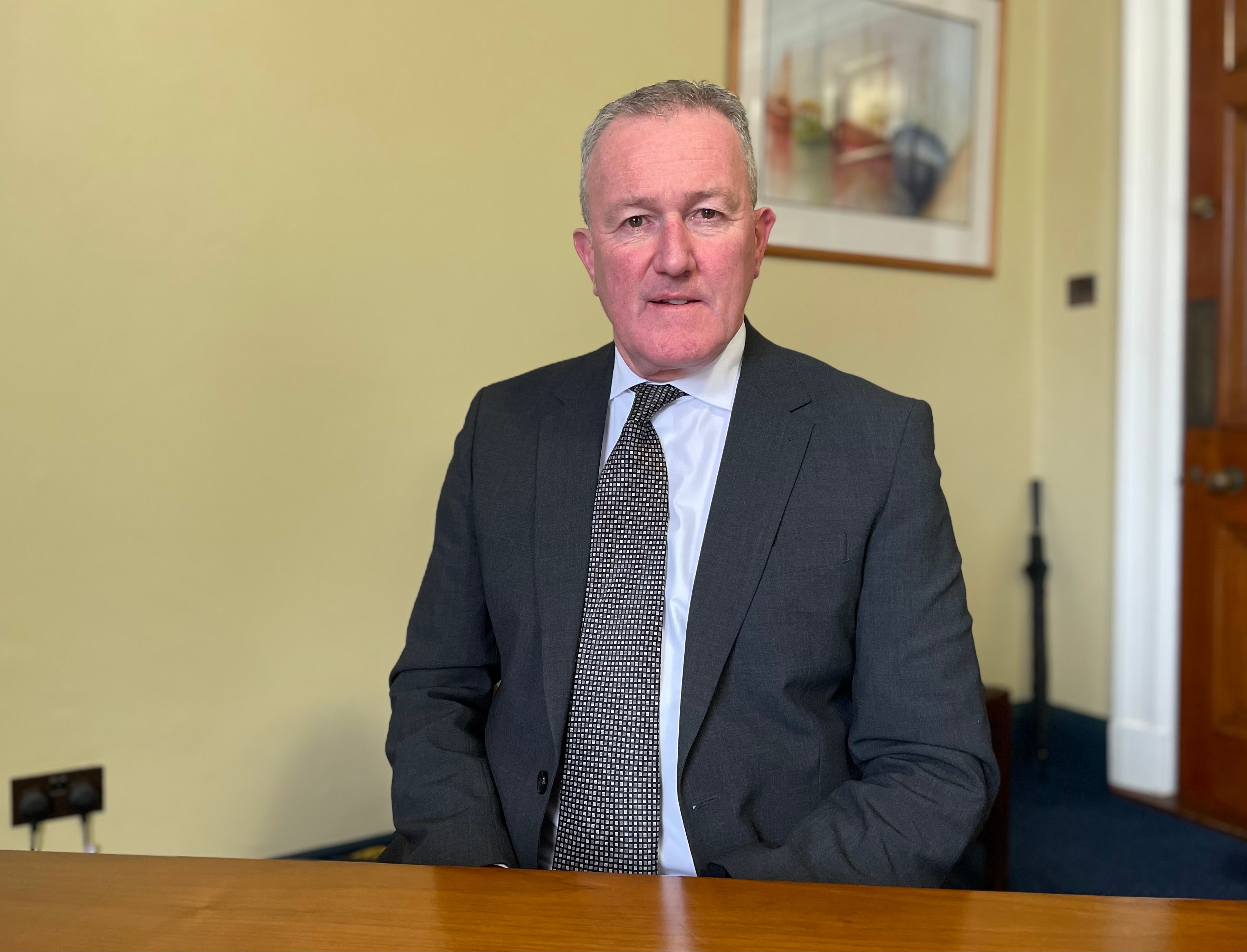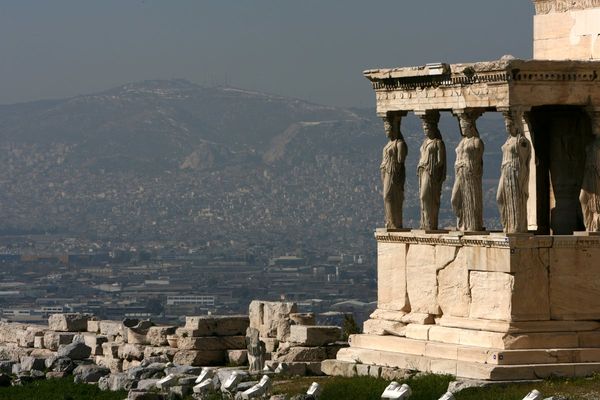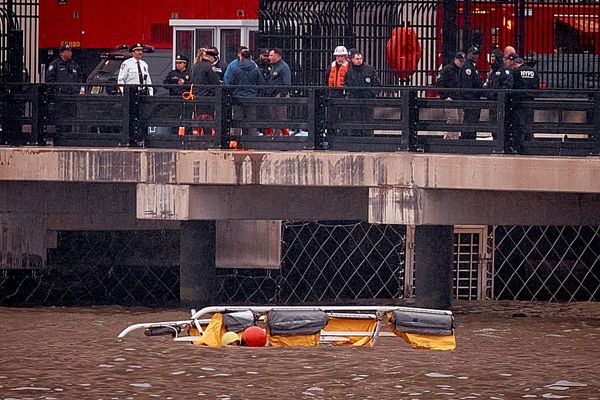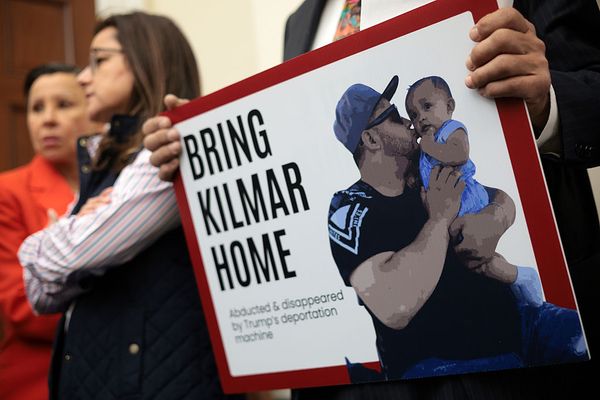
The Northern Ireland tourism sector risks returning to pre-peace agreement visitor patterns if the region is not exempted from the UK’s new visa waiver scheme, a Stormont minister has warned.
Economy minister Conor Murphy said this summer’s Open Championship golf tournament in Portrush could be one of the first high-profile events to suffer due to the Electronic Travel Authorisation (ETA) requirement, with international visitors to the island opting not to travel north to take in the sporting showpiece.
Mr Murphy described the scheme as a “real kick in the teeth” for the local tourism sector, claiming it will act as a bureaucratic and financial disincentive for overseas tourists considering a visit to Northern Ireland.
As of Wednesday, all non-European visitors to the UK who do not have residency rights and who do not require a visa will instead need to purchase an ETA in advance.

From April 2, European visitors will also need the digital travel permission, which costs £10 and is linked to a traveller’s passport. The initial introduction of the ETA last year applied only to travellers from the Gulf states.
Irish citizens travelling into Northern Ireland do not require an ETA because they are entitled to move freely in the UK under the Common Travel Area arrangements, and non-Irish citizens who are resident in Ireland are being granted an exemption under the visa waiver scheme.
Tourism businesses in Northern Ireland have been warning for more than two years about the potential consequences of the post-Brexit scheme, highlighting that 70% of international visitors to the region travel across its land border having arrived in the Republic of Ireland first.
They fear that individual travellers and tour companies organising trips to the island of Ireland will decide against taking in the region when they learn of the need to apply for and pay for an ETA.
Tourism promotion bodies – Tourism NI and Tourism Ireland – have also expressed concern about the impact on the sector, as has the Irish Government.
The ETA will have direct consequences for tourism in the Republic of Ireland too, as currently international visitors passing through Northern Ireland on a trip from Dublin to Donegal in the north west of the island would technically need an ETA to transit through the region.
Mr Murphy reiterated his concerns in advance of the January 8 rollout.
“The concerns that we are articulating are ones that have been raised with us by people in the tourism industry,” he told the PA news agency.
The minister said international tour operators have already told his department that they will now have to look at potentially removing Northern Ireland from their all-island itineraries.
This is a consequence of Brexit and an attempt to show some action in relation to immigration, but it’s not actually going to fix it, and we're going to be collateral damage in relation to that.
He also pointed to research by Tourism Ireland on ETAs that, he said, showed that one in five US tourists will now reconsider coming to Northern Ireland and, when the full scheme is implemented in April, one in four Europeans will think twice about visiting the region.
He said the scheme endangered the growth experienced by the Northern Ireland tourism industry since the 1998 peace deal.
“Pre-Good Friday Agreement and pre our tourism growth numbers, a lot of people were visiting the island of Ireland, but they weren’t coming north of the border,” he said.
“The danger is that we revert back to that pattern again, that people just don’t come north of the border because there’s that additional level of bureaucracy.”
Mr Murphy insisted that the ETA scheme would not solve the UK’s wider problems with the illegal immigration trade.
“This is a consequence of Brexit and an attempt to show some action in relation to immigration, but it’s not actually going to fix it, and we’re going to be collateral damage in relation to that,” he said.
The minister is lobbying for tourists travelling to Northern Ireland from the Republic of Ireland to be exempted from the ETA scheme.
In lieu of a full exemption, he said a limited exemption that covered seven-day stays could help to address the issue.
He highlighted that French school groups visiting the UK are to be granted an exemption, as he called for similar flexibility to be demonstrated to the issues facing Northern Ireland.
Mr Murphy said the situation in the region was “unique” due to the land border with the Republic of Ireland and because there are no direct US flights into Belfast’s airports.
“We will continue to press back and hope that there will be some reconsideration of it,” he said.
“But I fear that it’s going to have a damaging effect this summer, and particularly with an event like The Open that is coming here in the summertime. That’s such a huge opportunity, not just for the North Coast, but for right across the north and across the island – because the business that will attract will be right across the island – (but) we will end up starting to see some damage as a consequence of this.”
A UK Government spokesperson said: “ETAs will deliver a more streamlined, digital immigration system which will be quicker and more secure for the millions of people who pass through the UK border each year.”
The spokesperson said the Government was committed to working closely with a wide range of stakeholders to ensure the ETA requirement was “communicated effectively and to mitigate against it being seen as a barrier to cross-border tourism” on the island of Ireland.







